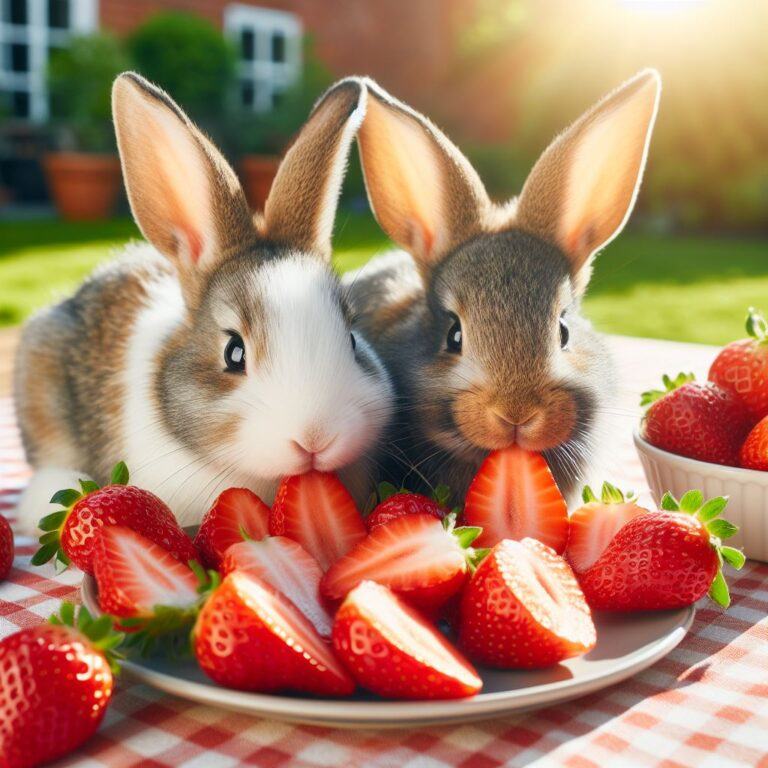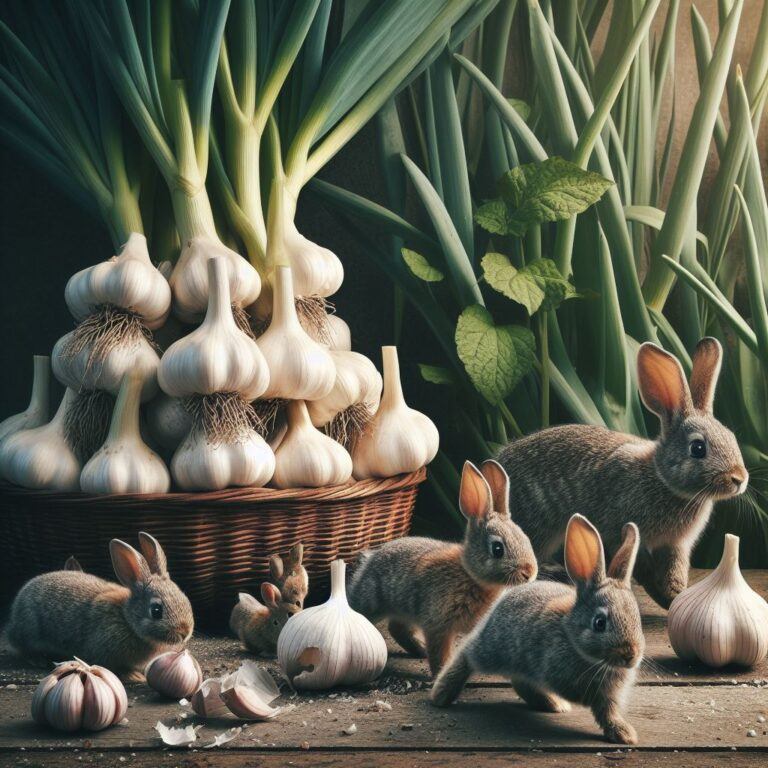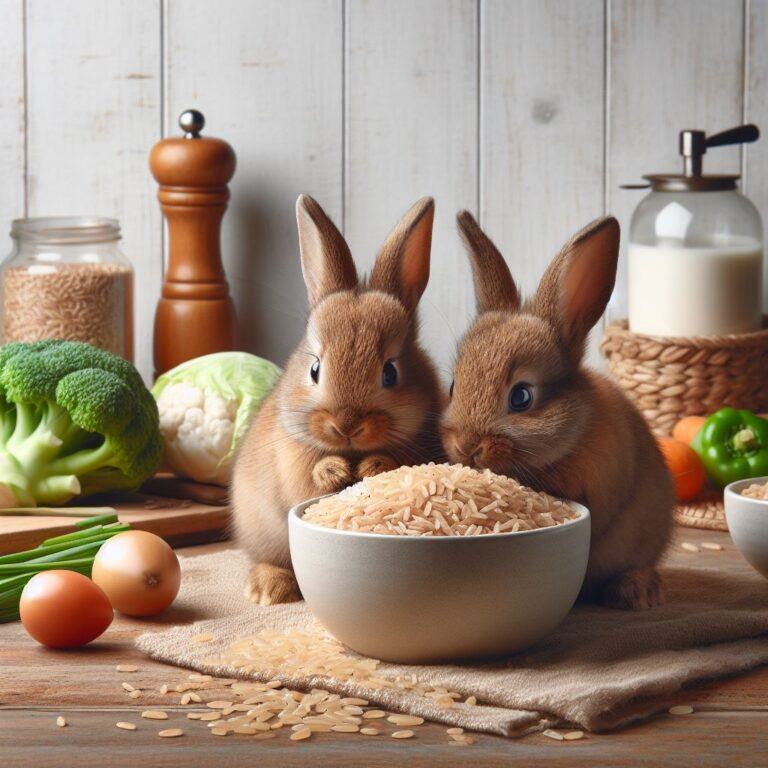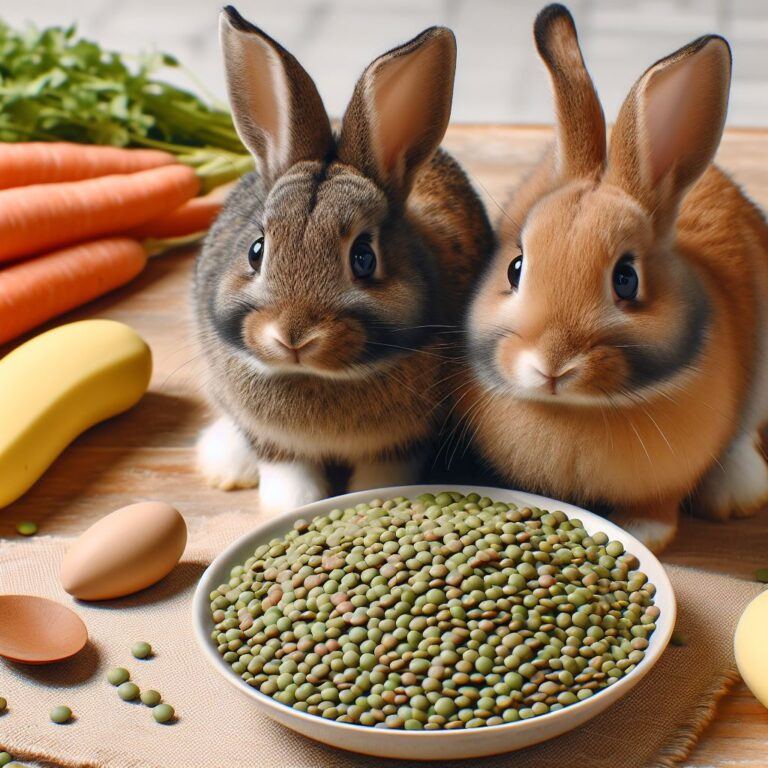Can Rabbits Safely Eat Coconut
No, Rabbits CANNOT safely eat coconut. The high fat and oil content in coconut can lead to gastrointestinal issues and obesity in rabbits, which are contrary to their natural, fiber-centric diet.
Rabbits have delicate digestive systems, and the introduction of high-fat foods like coconut can disrupt their gut health.
Now, why is coconut off the menu for your furry friend?
To grasp this, it’s necessary to understand the fragile balance of a rabbit’s diet versus the rich profile of coconut.
Their digestive systems have evolved to process a high-fiber, low-fat diet consisting predominantly of grasses and hay.
Feeding them foods outside this dietary spectrum, such as coconut, can cause more harm than good.
It’s not just about declaring coconut as unsuitable for rabbits, it’s also about ensuring that any changes to their diet protect their well-being.
As rabbit owners, our priority should be to maintain a diet that mirrors their natural eating habits, which helps in warding off potential health issues.
Understanding a Rabbit’s Dietary Needs and Coconut’s Nutritional Profile
My job is to clear up the confusion about rabbits and coconuts. A rabbit’s diet is primarily hay-based.
This ensures they get ample fiber which is vital for their digestive health. Rabbits also benefit from a variety of leafy greens, vegetables, and a limited amount of fruits.
Coconuts are tricky. They are saturated in fats and oils. While these might be beneficial for humans in moderation, they’re heavy on a rabbit’s delicate stomach.
Eating coconut can lead to gastrointestinal issues for your furry friend.
Why the concern? The fats in coconut can slow down a rabbit’s gut motility. This can cause a backlog in their system, known as GI stasis, a potentially fatal condition if not treated promptly.
It’s not all bad news, though. Coconuts do have nutritional benefits which include beneficial minerals and fibers.
But, the high fat overshadows these benefits as far as rabbits are concerned. Maybe a tiny taste won’t cause chaos, but it’s not a risk I advise taking and certainly not one I would wish with my bunnies.
To reiterate, while some parts of coconut might not be toxic, the risk of digestive issues means it’s better to pass on this tropical treat for your rabbit.
Safe Feeding and Possible Alternatives
Now, having looked into a rabbit’s diet and the implications of adding coconut, let’s focus on how to offer food safely.
We should always introduce any new food, including coconut, gradually. A tiny piece the size of a dice may be sufficient for your rabbit to decide if it’s a hit or miss without overwhelming its digestive system.
Monitoring our rabbits after trying new foods is vital. Look out for signs of digestive distress like changes in fecal output or consistency, lethargy, or lack of appetite.
If you notice any of these symptoms, REMOVE the new food and consult your vet.
Considering everything, while an occasional tiny piece of fresh coconut flesh might not cause harm, there are BETTER and SAFER treat options out there.
Think green, leafy vegetables like spinach, romaine lettuce, bell peppers, or asparagus are excellent choices that are not only safe but are actually beneficial for your rabbit.
To conclude, while offering your rabbit a carefully balanced diet that’s rich in fiber and low in fat and sugar, remember nothing replaces the advice of a trained professional.
ALWAYS consult with a veterinarian before introducing significant changes to your furry friend’s diet.







